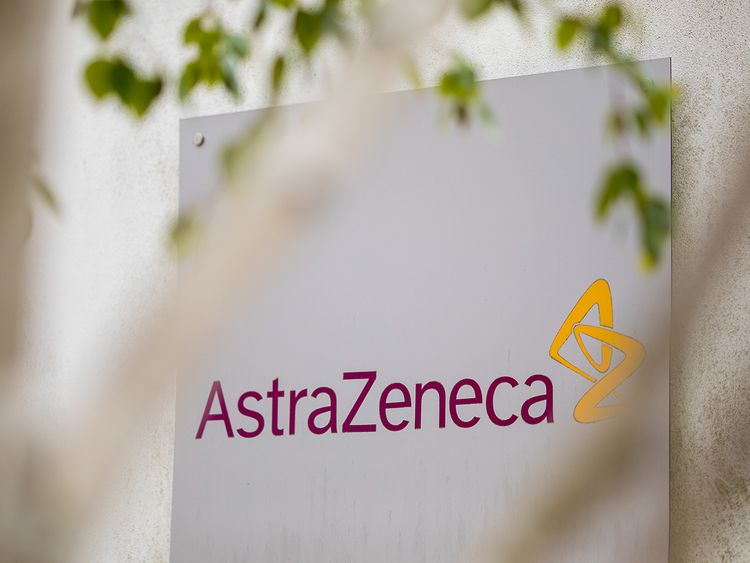
For all of his populist bluster, Donald Trump has done little during his four years in office to stem the power of big business. He criticizes corporations only when he feels personally slighted or when it fits into one of his many outlandish conspiracy theories.
Fortunately, career officials at regulatory agencies and career prosecutors at the Justice Department, as well as those at the state level, have continued doing their jobs. The following is a selection of significant cases resolved during 2020.
Opioid market abuses: The Justice Department announced an $8 billion global resolution of its criminal and civil investigations into abuses by Purdue Pharma LP. The company agreed to plead guilty to three felony counts and pay criminal fines and forfeitures of $5.5 billion and $2.8 billion in a civil settlement. Given that the company is going through bankruptcy, it is unclear how much of this will actually be paid.
Bogus bank accounts: As part of the ongoing prosecution of Wells Fargo for pressuring employees to meet unrealistic sales goal by creating bogus accounts without customer permission, the Justice Department announced that the bank would pay $3 billion to resolve criminal and civil charges. Wells was allowed to enter into a deferred prosecution agreement to avoid a guilty plea.
Foreign bribery: Goldman Sachs and its Malaysian subsidiary admitted to conspiring to violate the Foreign Corrupt Practices Act in connection with a scheme to pay over $1 billion in bribes to Malaysian and Abu Dhabi officials to obtain lucrative business for Goldman Sachs, including its role in underwriting approximately $6.5 billion in three bond deals for 1Malaysia Development Bhd. Goldman Sachs agreed to pay more than $2.9 billion and disgorge $606 million as part of a coordinated resolution with criminal and civil authorities in the United States, the United Kingdom, Singapore, and elsewhere.
Emissions cheating: The Department of Justice, the Environmental Protection Agency, and the California Air Resources Board announced a $1.5 billion settlement with German automaker Daimler AG and its American subsidiary Mercedes-Benz USA, LLC resolving alleged violations of the Clean Air Act and California law associated with emissions cheating.
False claims and kickbacks: Novartis agreed to pay over $642 million in separate settlements resolving claims that it violated the False Claims Act. The first settlement pertained to the company’s alleged illegal use of three foundations as conduits to pay the copayments of Medicare patients. The second settlement resolved claims arising from the company’s alleged payments of kickbacks to doctors.
Tax evasion: Bank Hapoalim of Israel agreed to pay a total of more than $600 million in penalties to resolve criminal allegations by the Justice Department that it conspired with U.S. taxpayers to hide assets and Income in offshore accounts. The parent company entered into a deferred prosecution agreement while its Swiss subsidiary pled guilty.
Illegal robocalls: Dish Network agreed to pay $210 million to resolve a long-running federal-state lawsuit alleging that the company engaged in illegal telemarketing through unwanted robocalls to thousands of people on the Do Not Call registry.
Spoofing: The Commodity Futures Trading Commission and the Justice Department announced that JPMorgan Chase would pay $920 million to resolve civil and criminal allegations involving deceptive conduct that spanned at least eight years and involved hundreds of thousands of spoof orders in precious metals and U.S. Treasury futures contracts on the Commodity Exchange, Inc., the New York Mercantile Exchange, and the Chicago Board of Trade.
Predatory lending: Banco Santander’s U.S. arm agreed to pay $550 million to resolve multistate litigation alleging that the bank, through its use of proprietary credit scoring models to forecast default risk, knew that certain consumer segments were likely to default, yet issued high-interest automobile loans to them anyway.
Corruption: A criminal investigation of Commonwealth Edison was resolved with a deferred prosecution agreement under which ComEd agreed to pay $200 million and admit it arranged jobs, vendor subcontracts, and monetary payments associated with those jobs and subcontracts, for various associates of a high-level elected official for the state of Illinois, to influence and reward the official’s efforts to assist ComEd with respect to legislation.
Defrauding investors: SCANA Corp. and its subsidiary SCE&G agreed to settle a Securities and Exchange Commission lawsuit charging them with defrauding investors by making false and misleading statements about a nuclear plant expansion that was ultimately abandoned. The company agreed to pay a $25 million penalty and $112.5 million in disgorgement.
Mortgage abuses: Nationstar Mortgage, which does business as Mr. Cooper, agreed to pay $86.8 million to resolve federal and multistate allegations that the mortgage servicer engaged in unlawful practices in the wake of the 2008 financial crisis. The settlement addressed alleged misconduct regarding servicing transfers, property preservation, loan modifications, and other issues, which in some cases led to improper foreclosure or borrowers being locked out of their homes.
Labor relations violations: CNN agreed to pay $76 million in backpay, the largest monetary remedy in the history of the National Labor Relations Board, to resolve a case that originated in 2003 when CNN terminated a contract with Team Video Services and hired new employees to perform the same work without recognizing or bargaining with the two unions that had represented the TVS employees.
Additional details on these cases can be found in Violation Tracker. Some will appear next week in an update to the database that will increase the number of its cases to 444,000 and the penalty total to $650 billion.

/https://static.texastribune.org/media/images/2016/09/09/DeathChamber-Texas.jpg)
You must be logged in to post a comment.